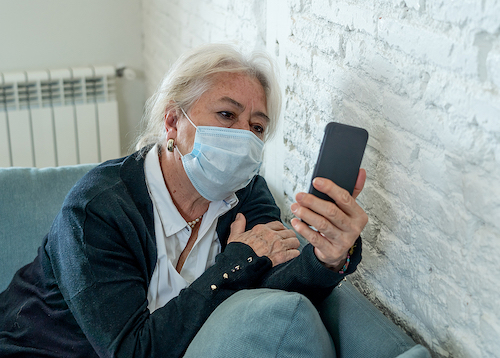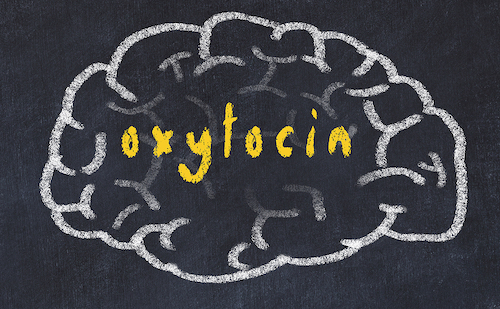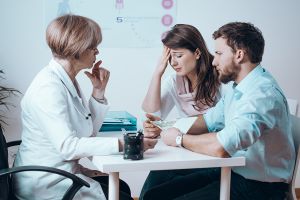November 30, 2020
by Elizabeth Pratt

Throughout the COVID-19 pandemic, many people have experienced feelings of social isolation. For some, interaction with others has been confined to a zoom call, for others there hasn’t been any interaction at all. Now, researchers at MIT have found that the longing for social interaction felt whilst isolated is neurologically similar to that for food cravings when hungry.
[More]
November 27, 2020
by Tina Arnoldi

The common perception is that introverts are thriving from the pandemic lockdown from the pandemic. No longer are they required to go to events and regularly interact with other people since distancing is now required. But a recent study of 2,000 Americans found that introverts experienced more loneliness than extraverts during this time and do not take the initiative to interact with others.
[More]
November 27, 2020
by Elizabeth Pratt

During a global pandemic, many essential workers have been hailed as heroes.
Some are uncomfortable with the title, but there’s a certain group who especially love being viewed in this way. Narcissists.
[More]
November 6, 2020
by Elizabeth Pratt

Americans living in a state that favours the losing candidate of the US Presidential election might experience a decline in their mental health.
A study from researchers at UC San Francisco and Duke University used data from 500 thousand people during the 2016 Presidential election to examine mental health indicators.
Americans who lived in states that favoured Hillary Clinton experienced an extra half-day of poor mental health on average during the month after the election.
[More]
October 31, 2020
by Elizabeth Pratt

The “love hormone” oxytocin can occasionally have anti-social effects depending on where in the brain it is created.
Oxytocin, a hormone that can regulate prosocial behaviors like trust, bonding and empathy has also been demonstrated to play a role in anti-social behaviors like envy, anxiety and reduction in cooperation.
How the hormone could have such opposing roles has long remained a mystery, but researchers from UC Davis have uncovered how this might happen.
[More]
October 30, 2020
by Elizabeth Pratt

Americans are overwhelmed with multiple sources of stress.
According to the American Psychological Association (APA), the United States is facing a national mental health crisis that could have consequences well into the future.
[More]
October 29, 2020
by Elizabeth Pratt

Gen Z are experiencing increased stress levels due to uncertainties in their future.
The American Psychological Association’s annual Stress in America Report for 2020 found that Gen Z adults aged 18-23 reported the highest stress levels in the month prior at an average of 6.1 out of 10.
[More]
October 23, 2020
by Tina Arnoldi

Despite some detrimental impact on vulnerable individuals, a recent survey did not find a large increase in loneliness as a result COVID-19. Instead, they found remarkable resilience in response to it. Some participants perceived more social and emotional support during the pandemic.
[More]
October 20, 2020
by Patricia Tomasi

Infertility is defined as a person not being able to conceive or become pregnant after one year of unprotected sex. About one in six couples in Canada experience infertility. According the Centers for Disease Control and Prevention, in the United States, about 12 per cent of women aged 15-44 have difficulty becoming pregnant. Mental health struggles can follow a couple’s journey of attempting to become pregnant. Studies have shown that after one year of infertility, a woman is twice as likely to become depressed. Research has also shown that high anxiety can deter a woman’s changes of becoming pregnant. A new study published in PLOS One looked at the psychological impact of fertility treatment suspensions during the COVID-19 pandemic.
[More]
What is evil? There are multiple lenses through which we can search for a definition: moral, spiritual, mystical, etc. When forced to choose a characterization of this trait there is no one description to rely upon. Evil is very much a subjective element that incites fear.
[More]